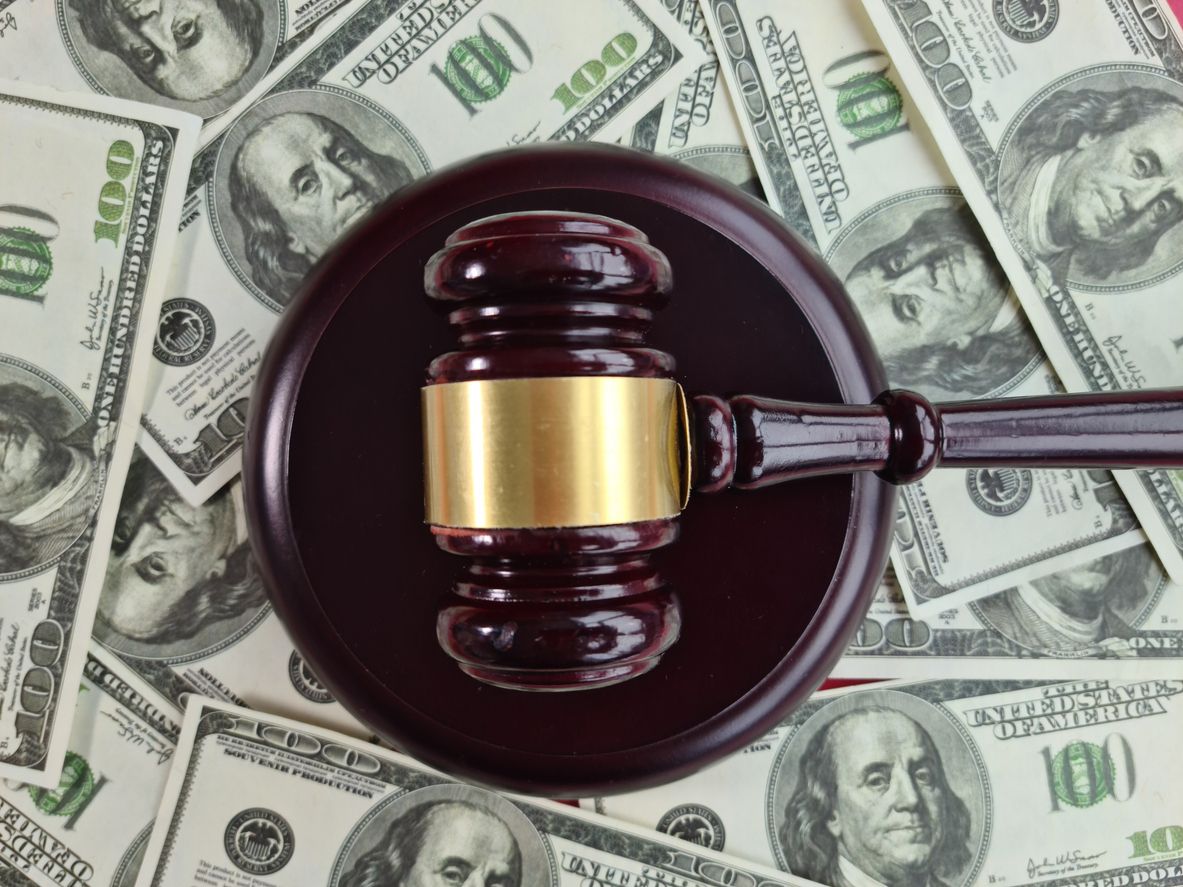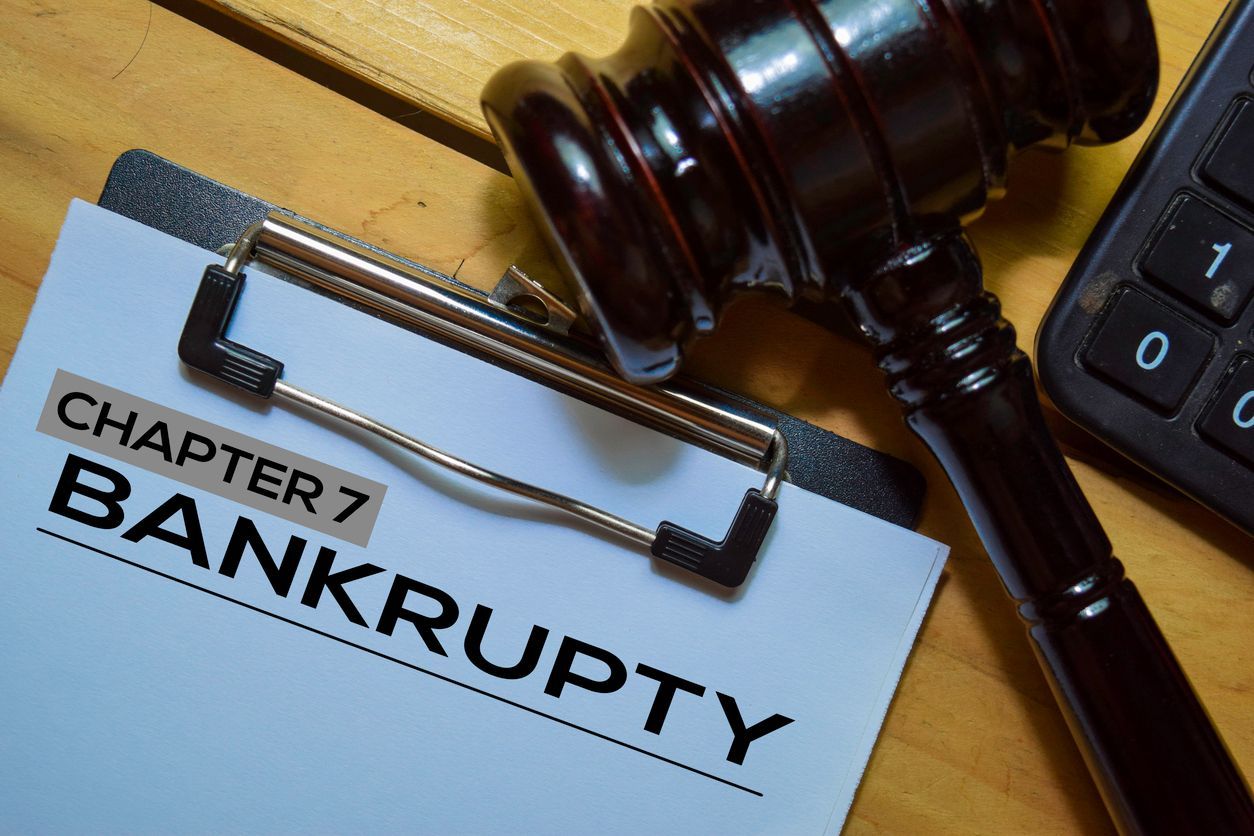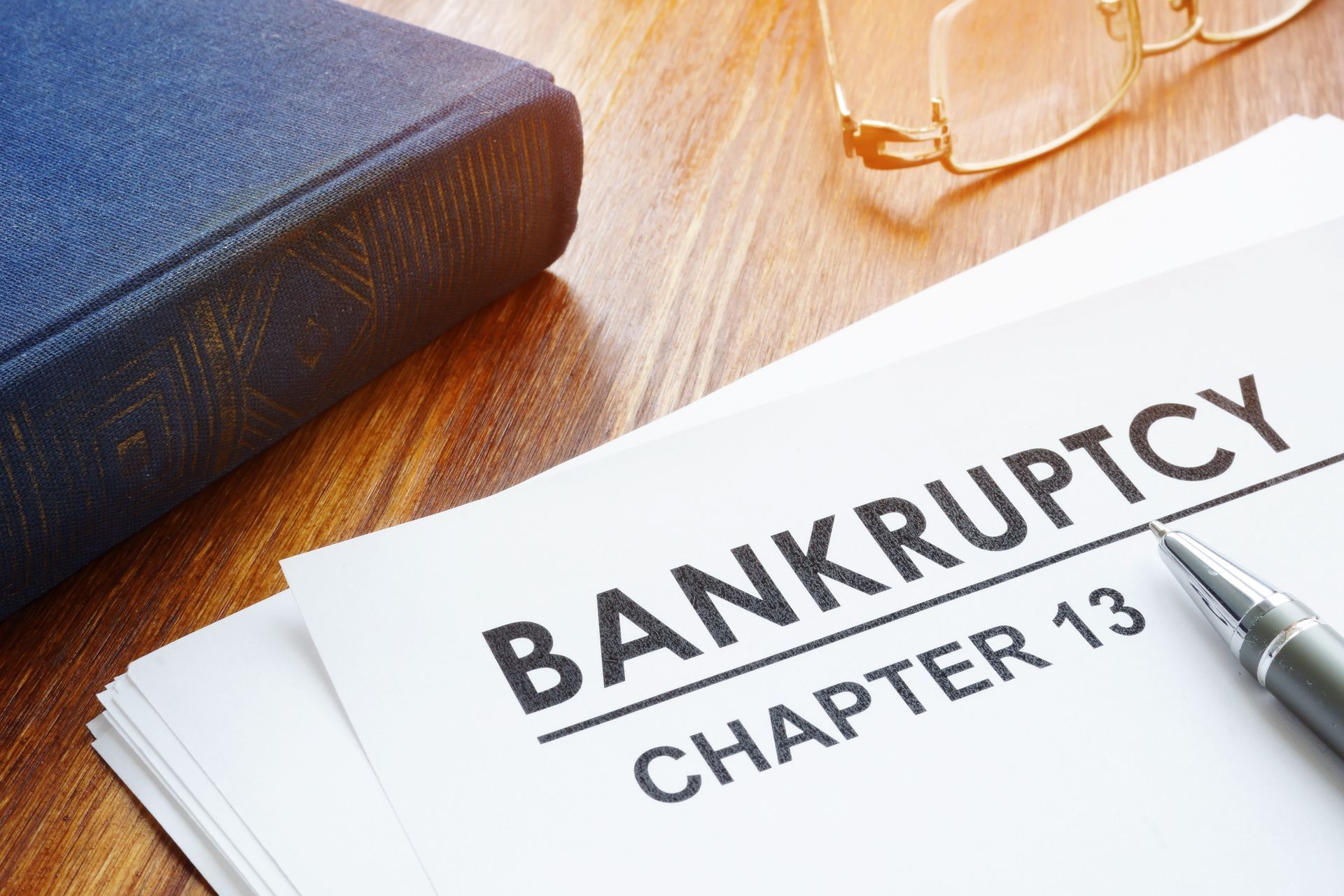Understanding the Differences Between Chapter 7 and Chapter 13 Bankruptcy
Filing for bankruptcy is a significant decision that can provide relief from overwhelming debt, but understanding the differences between Chapter 7 and Chapter 13 bankruptcy is crucial to making the right choice for your financial situation. At The Law Office of Calvin Craig, we are dedicated to helping individuals in North Carolina navigate the complexities of bankruptcy law to achieve a fresh start. Here’s a comprehensive look at the distinctions between Chapter 7 and Chapter 13 bankruptcy.
Chapter 7 Bankruptcy: Liquidation Bankruptcy
Chapter 7 bankruptcy, often referred to as "liquidation bankruptcy," is designed for individuals who have limited income and cannot repay their debts. Here's how it works:
Key Features:
- Eligibility: To qualify for Chapter 7, you must pass the means test, which compares your income to the median income for a household of your size in North Carolina. If your income is below the median, you are likely eligible for Chapter 7.
- Process: Upon filing, a trustee is appointed to oversee your case. The trustee will liquidate (sell) your non-exempt assets to pay off your creditors. However, North Carolina law allows for certain exemptions that protect your property, such as your home, car, and personal belongings.
- Debt Discharge: Most unsecured debts, such as credit card debt, medical bills, and personal loans, are discharged (eliminated) at the end of the bankruptcy process, typically within 3-6 months.
- Impact on Assets: While some assets may be sold to pay creditors, many individuals find that they can keep most, if not all, of their essential property due to exemptions.
Advantages:
- Quick Resolution: Chapter 7 bankruptcy is relatively quick, often concluding within a few months.
- Debt Relief: It provides a fresh start by discharging most unsecured debts.
- No Repayment Plan: You are not required to repay debts over time, making it ideal for those with limited income.
Chapter 13 Bankruptcy: Reorganization Bankruptcy
Chapter 13 bankruptcy, known as "reorganization bankruptcy," is designed for individuals with a regular income who can repay some or all of their debts over time. Here’s an overview of how it works:
Key Features:
- Eligibility: Chapter 13 is available to individuals with a regular income and whose secured and unsecured debts do not exceed certain limits.
- Process: When you file for Chapter 13, you propose a repayment plan that lasts 3 to 5 years, during which you make monthly payments to a trustee who distributes the funds to your creditors.
- Debt Discharge: At the end of the repayment period, any remaining unsecured debts may be discharged, provided you have completed the plan.
- Impact on Assets: Unlike Chapter 7, Chapter 13 allows you to keep your property, as you are repaying your debts over time rather than liquidating assets.
Advantages:
- Asset Protection: You can keep your home, car, and other significant assets while catching up on overdue payments.
- Debt Consolidation: Chapter 13 consolidates your debts into one manageable monthly payment.
- Flexibility: It provides a structured plan to repay debts, which can be beneficial if you have a steady income but are struggling with high debt levels.
Choosing the Right Option
Deciding between Chapter 7 and Chapter 13 bankruptcy depends on your financial situation, income level, and long-term goals. Here are some considerations to help you make an informed decision:
- Current Income: If you have limited or no disposable income, Chapter 7 might be the best option. If you have a regular income and can afford to repay some debts, Chapter 13 could be more appropriate.
- Asset Protection: If you have significant assets you want to protect, Chapter 13 offers more flexibility.
- Type of Debt: Consider the nature of your debts. Chapter 7 discharges most unsecured debts quickly, while Chapter 13 allows for structured repayment of both secured and unsecured debts.
How The Law Office of Calvin Craig Can Help
At The Law Office of Calvin Craig, we understand that every financial situation is unique. Our experienced bankruptcy attorneys will assess your circumstances, explain your options, and guide you through the bankruptcy process to ensure the best possible outcome. Whether you are considering Chapter 7 or Chapter 13 bankruptcy, we are here to provide the expert advice and support you need.
Filing for bankruptcy can be a daunting process, but with the right legal guidance, it can also be the first step toward financial freedom. Understanding the differences between Chapter 7 and Chapter 13 bankruptcy is essential to making an informed decision. Contact The Law Office of Calvin Craig today to schedule a consultation and take control of your financial future.











